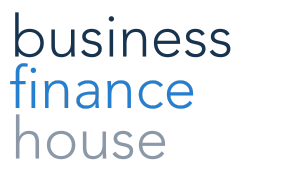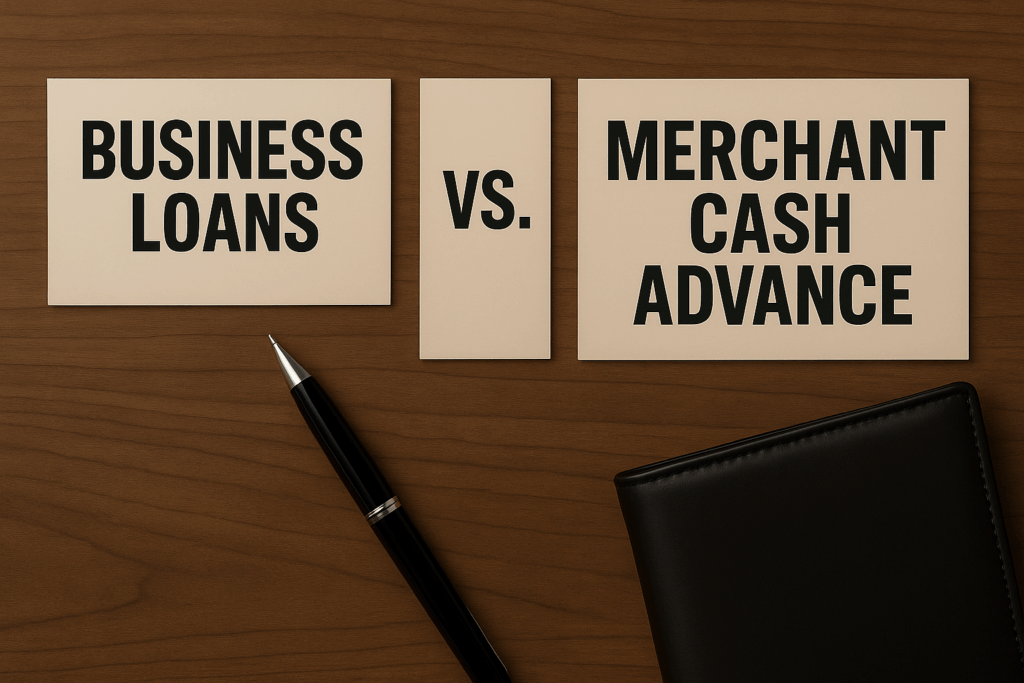So, what is short-term finance in business, and how does it work?
Besides the obvious sources of wealth, like cash and valuable assets, a business can access various forms of short-term finance when available capital isn’t enough. Businesses have many financial tools available to them…
What is short-term finance in business?
Short-term finance is a way of securing funding on the understanding that it will be repaid in a short amount of time.
This period is the ‘term’, and can often be as little as several months. Typically, a short term will not extend past 18 months.
For individuals looking for everyday borrowing, short-term finance will typically take the form of a straightforward loan with interest. For businesses, however, there are other ways beyond loans to secure short-term finance. However, this is a common avenue for many small businesses and often the simplest.
Whatever the method, short-term finance always bears a degree of risk, and must be undertaken with full understanding and caution. Undertaking finance without the means to pay it back in the near future could lead to insolvency, so businesses should enter agreements with backup plans at the ready.
What forms of short-term finance are there?
All forms of short-term finance have essentially the same outcome: they give the business access to money they didn’t have before, allowing them to make purchases or pay debts without having to free up capital in other ways. For businesses that don’t want to resort to laying off staff or selling assets, this is a much more palatable route.
Short-term loans
The most common and easy-to-understand form of short-term finance, loans are undertaken regularly by businesses to help them bridge gaps in their funding. These loans differ from those with longer terms not only through the length of time in which they need to be repaid, but also in the structure of their interest.
Longer-term loans typically use compound interest, which can be summed up as the interest that is earned on interest. This is applicable when talking about terms that span years, but given the diminutive timespans of short-term loans, compound interest often wouldn’t work.
For this reason, short-term loans use interest, which is the interest you must pay on top of the borrowed amount. This is easy to understand at a glance, which lets businesses plan their repayments before taking out a loan.
Short-term loans are often unsecured, meaning there is no physical collateral offered up in case the loan repayments aren’t made (such as property or valuable equipment). A good credit score is often enough of a basis for short-term unsecured loans, but there are options for businesses with bad credit.
Trade credit
Trade credit is an option that enables a business to buy goods without paying upfront, with the promise that the supplier will be paid at a later date. Understandably, it’s more advantageous for the buyer than the seller.
One of the biggest ways this differs to a loan—and one of the most attractive things about this form of short-term finance—is that it bears no interest. This means that a business can theoretically acquire and then sell goods before having to pay for it. In cases like this, the inventory effectively ‘pays for itself’.
Trade credit agreements present a great advantage to buyers but are also effective for sellers as way of building loyal relationships with customers. To encourage earlier repayments, sellers may offer discounts on the total cost if paid before their deadlines.
However, it also bears risk in the possibility that disputes over repayments might arise, leaving sellers behind on due profits.
Commercial paper
Commercial paper is a form of ‘IOU’ that businesses use as an alternative to taking out loans. Businesses sell their paper to investors who buy it at face value. Once the debt matures (reaches the deadline at which the final repayment is due) the investor receives their borrowed amount back, plus interest.
Commercial paper is only a feasible option for big business names that have earned market confidence. Similar to how fiat currency derives its value from the government power of its respective nation, commercial paper is technically unsecured but stands up on the trustworthiness of the business selling it.
Like loans, commercial paper has terms, though typically much shorter than even short-term loans. Commercial paper borrowing could be repaid within the same month in its shortest terms.
Why use short-term finance in business?
Many businesses sail close to the wind with their finances, and not always due to poor investments or taking risks that didn’t pay off.
Seasonality is a common problem, wherein businesses face difficult times of year at predictable points. For instance, some retailers may thrive around Christmas time, then suffer a drop in customers through the summer months.
Short-term finance gives businesses a way to shore up their finances so they can remain above water and continue operating until they can rely on profits again. Alternatively, finance may be accessed as a short term solution for an unusual difficult period, as an emergency response to unforeseen events, or to capitalise on an investment opportunity that won’t be around for long.
What is the best form of short-term finance?
For many businesses, short-term loans are the most straightforward and manageable way to access finance. They have interest terms and there is a wealth of different loans available from lenders, giving even small businesses with poor credit a range of options.
Additionally, there’s plenty of advice available around considering a short-term loan that works perfectly for your business.
Business Finance House provide that same help to many organisations in need of a short-term business loan. Using our network of trustworthy lenders, we can work with you to find the ideal short term business loan that will help get you back into the black.
To find out more about our services, contact us today. We offer business loans in Liverpool, Cheshire and nationally, we can be sure to find the right loan for you!





